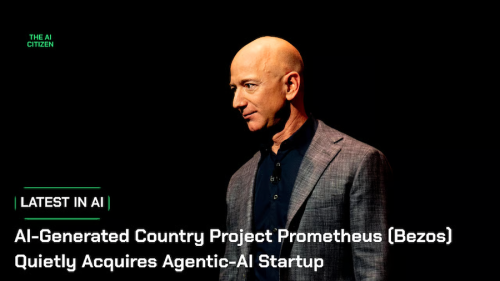The programs are designed to foster an understanding of how artificial intelligence technologies work, including their social implications.
FutureMakers is part of the MIT-wide Responsible AI for Social Empowerment and Education (RAISE) initiative launched earlier this year. RAISE is headquartered in the MIT Media Lab and run in collaboration with MIT Schwarzman College of Computing and MIT Open Learning.
MIT piloted FutureMakers to students from all over the United States last year in two formats.
During one-week, themed FutureMakers Workshops organized around key topics related to AI, students learn how AI technologies work, including social implications, then build something that uses AI.
And during six-week summer Create-a-Thons, middle school and high school students do a deep dive into AI and coding for four weeks, then take two weeks to design an app for social good. The Create-a-Thon culminates in a competition where teams present their ideas and prototypes to an expert panel of judges.
“We want to remove as many barriers as we possibly can to support diverse students and teachers,” says Cynthia Breazeal, a professor of media arts and sciences at MIT who founded the Media Lab’s Personal Robots Group and also heads up the RAISE initiative. All RAISE programs are free for educators and students. The courses are designed to meet students and teachers where they are in terms of resources, comfort with technology, and interests.
But it’s not all about learning to code.
“AI is shaping our behaviors, it’s shaping the way we think, it’s shaping the way we learn, and a lot of people aren’t even aware of that,” says Breazeal. “People now need to be AI literate given how AI is rapidly changing digital literacy and digital citizenship.”
The article was originally posted at MIT News.
The Boston Global Forum (BGF), in collaboration with the United Nations Centennial Initiative, released a major work entitled Remaking the World – Toward an Age of Global Enlightenment. More than twenty distinguished leaders, scholars, analysts, and thinkers put forth unprecedented approaches to the challenges before us. These include President of the European Commission Ursula von der Leyen, Governor Michael Dukakis, Father of Internet Vint Cerf, Former Secretary of Defense Ash Carter, Harvard University Professors Joseph Nye and Thomas Patterson, MIT Professors Nazli Choucri and Alex ‘Sandy’ Pentland, and Vice President of European Parliament Eva Kaili. The BGF introduced core concepts shaping pathbreaking international initiatives, notably, the Social Contract for the AI Age, an AI International Accord, the Global Alliance for Digital Governance, the AI World Society (AIWS) Ecosystem, and AIWS City.










